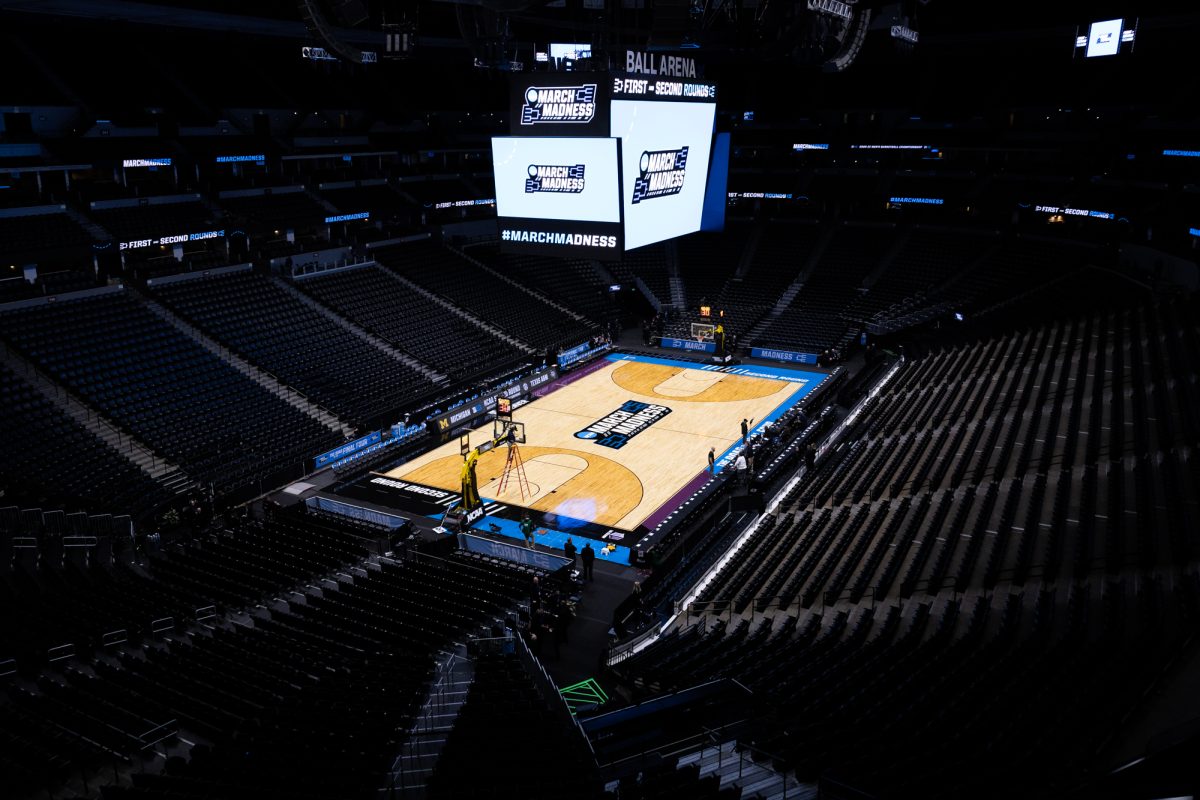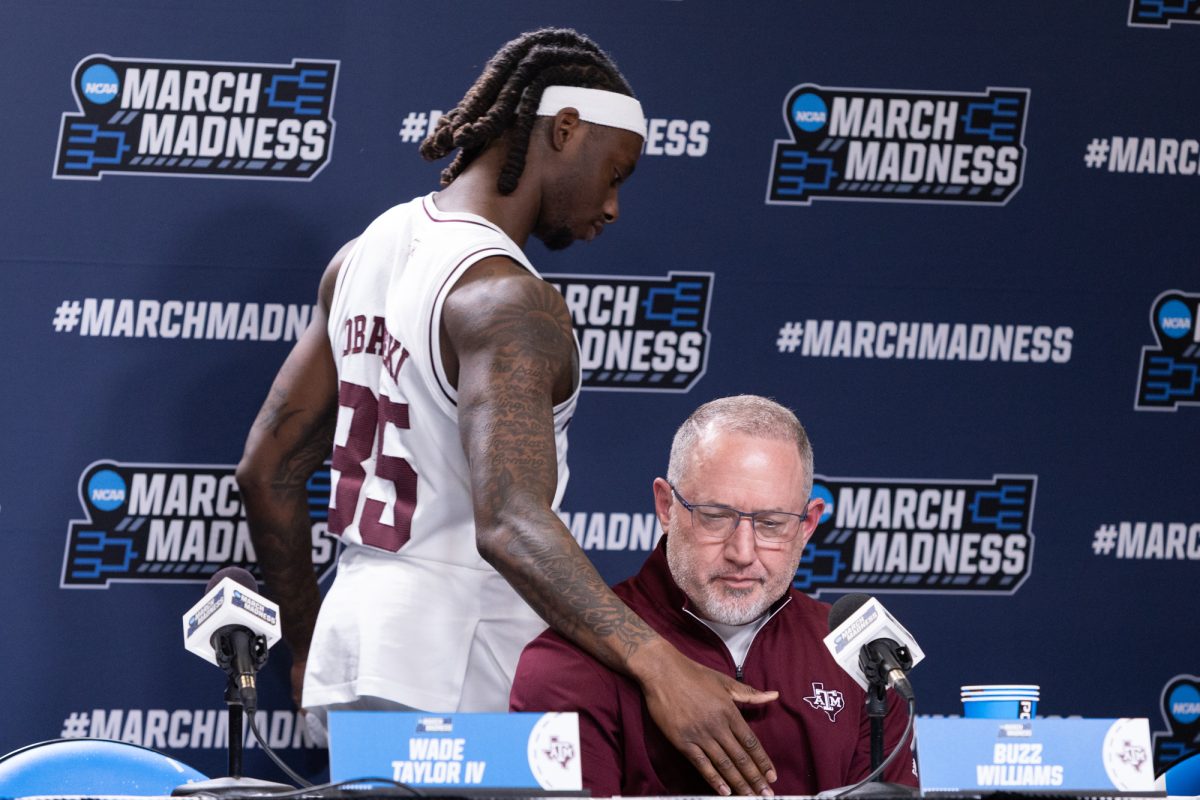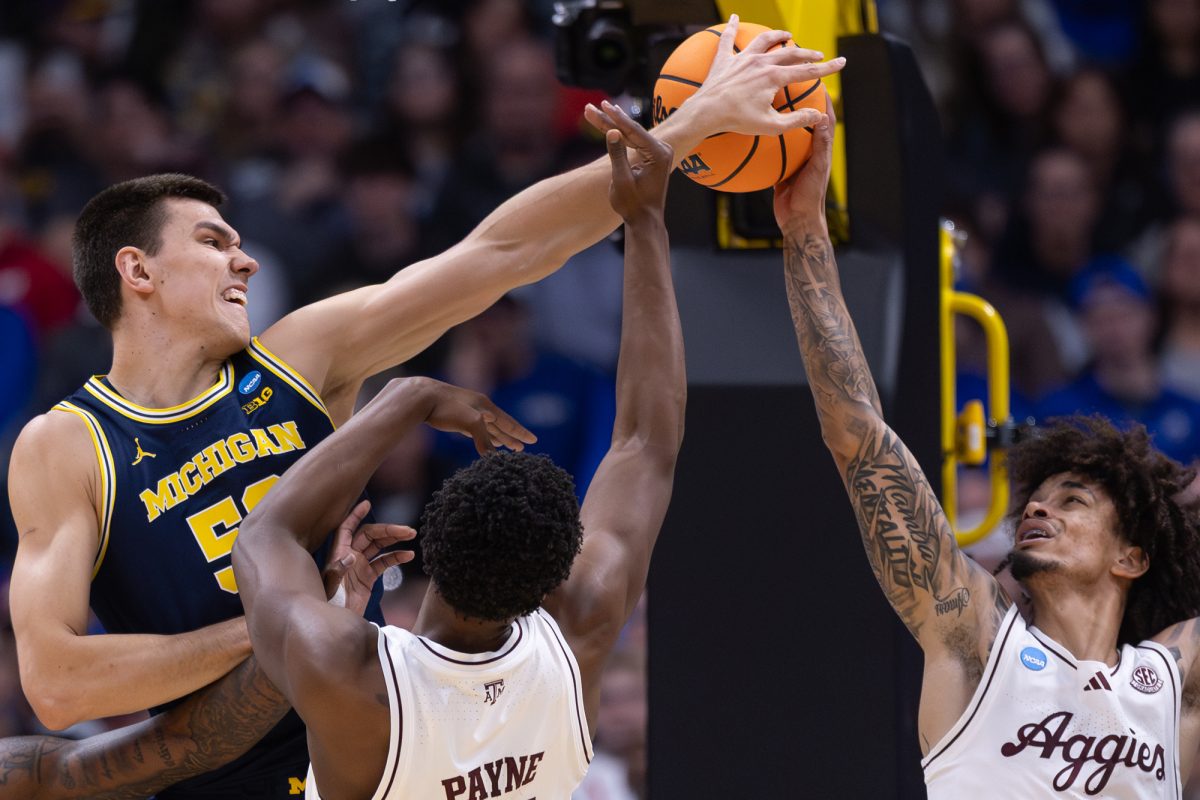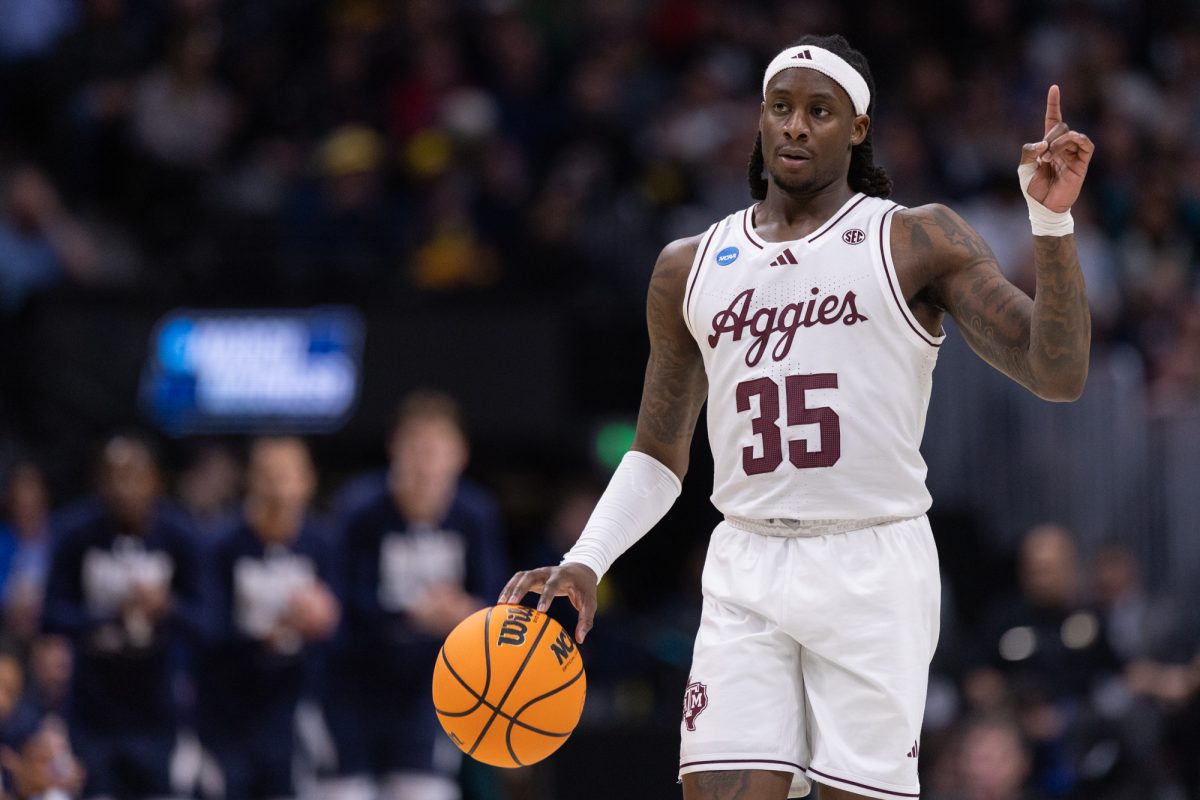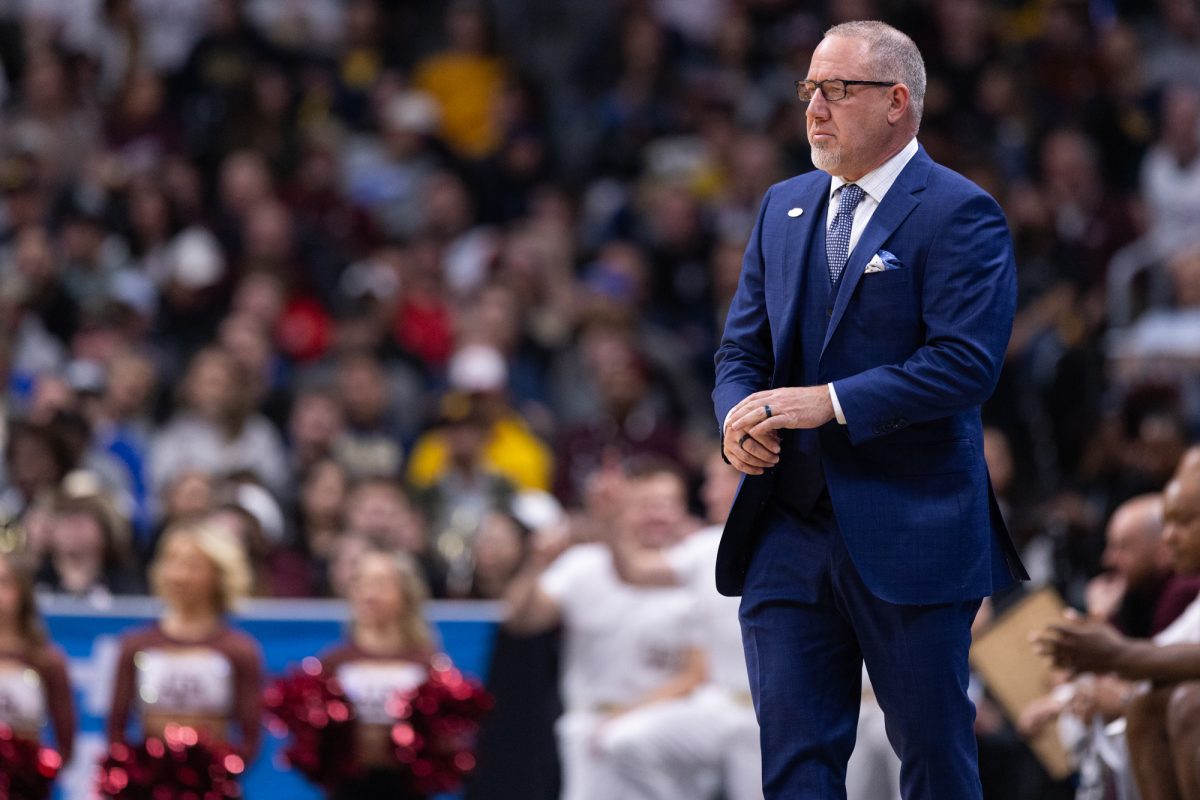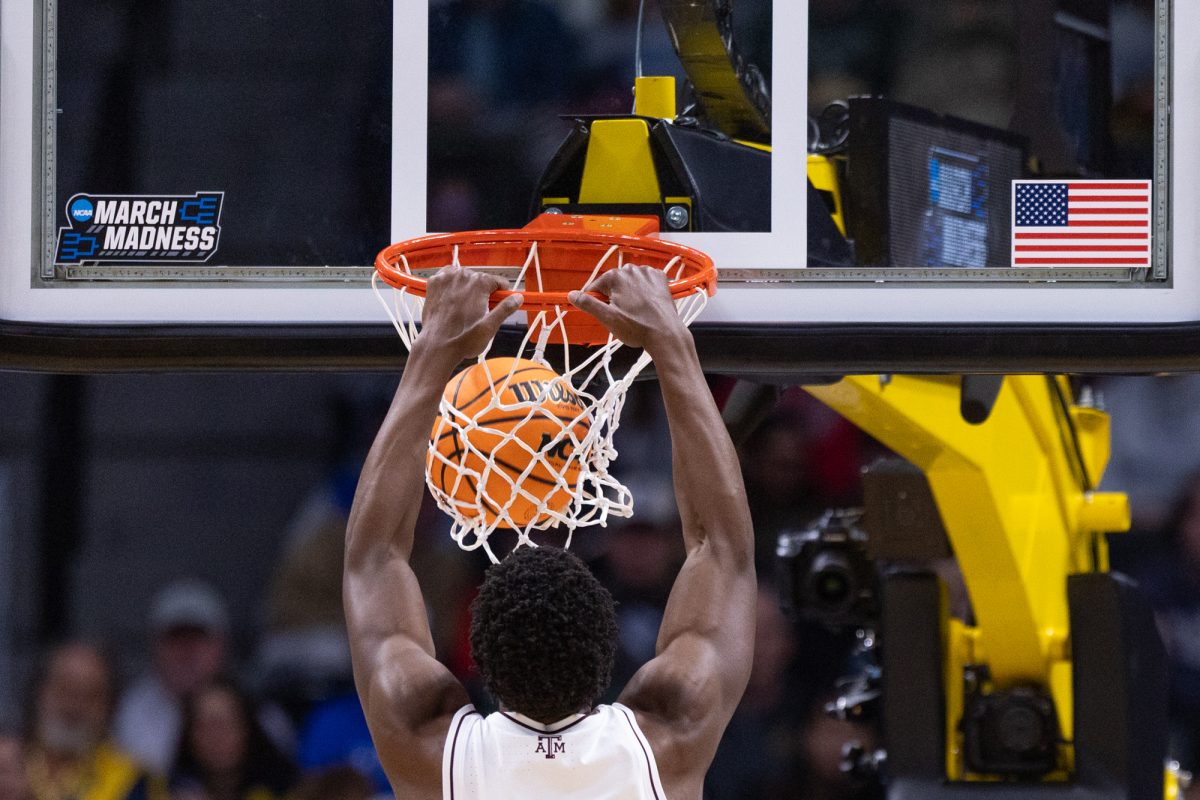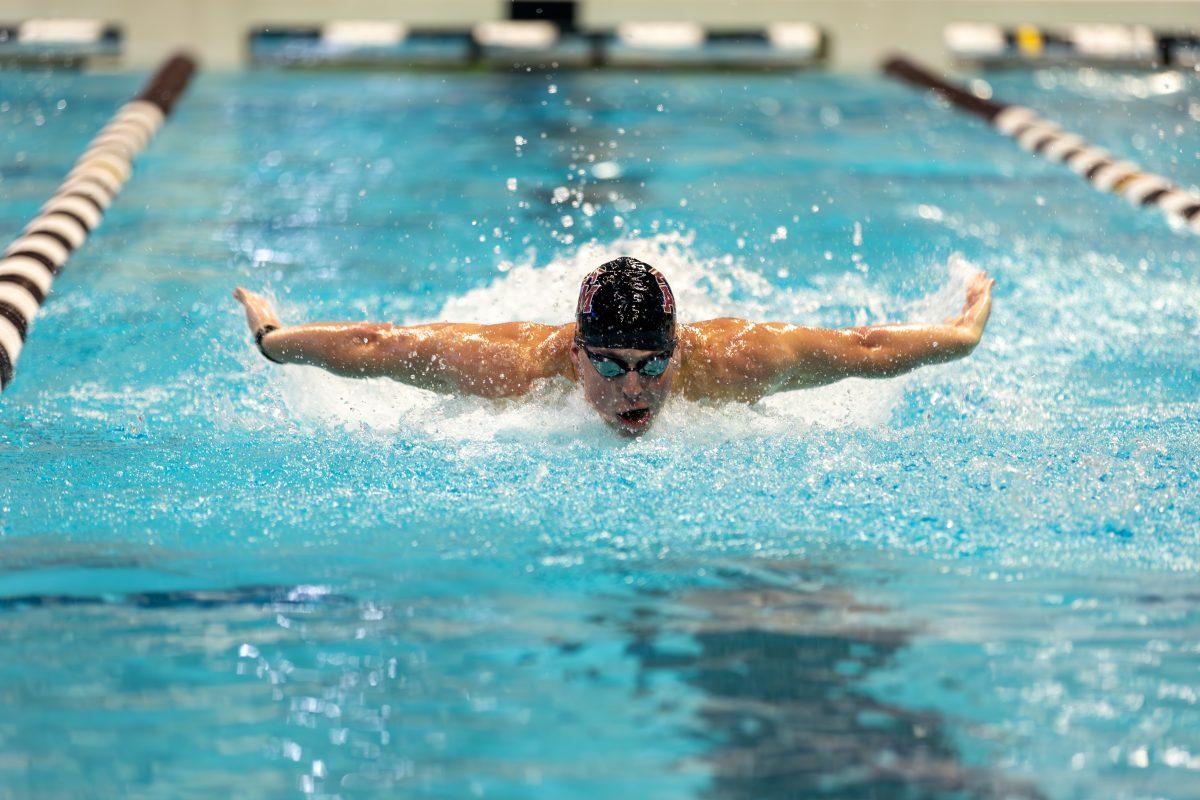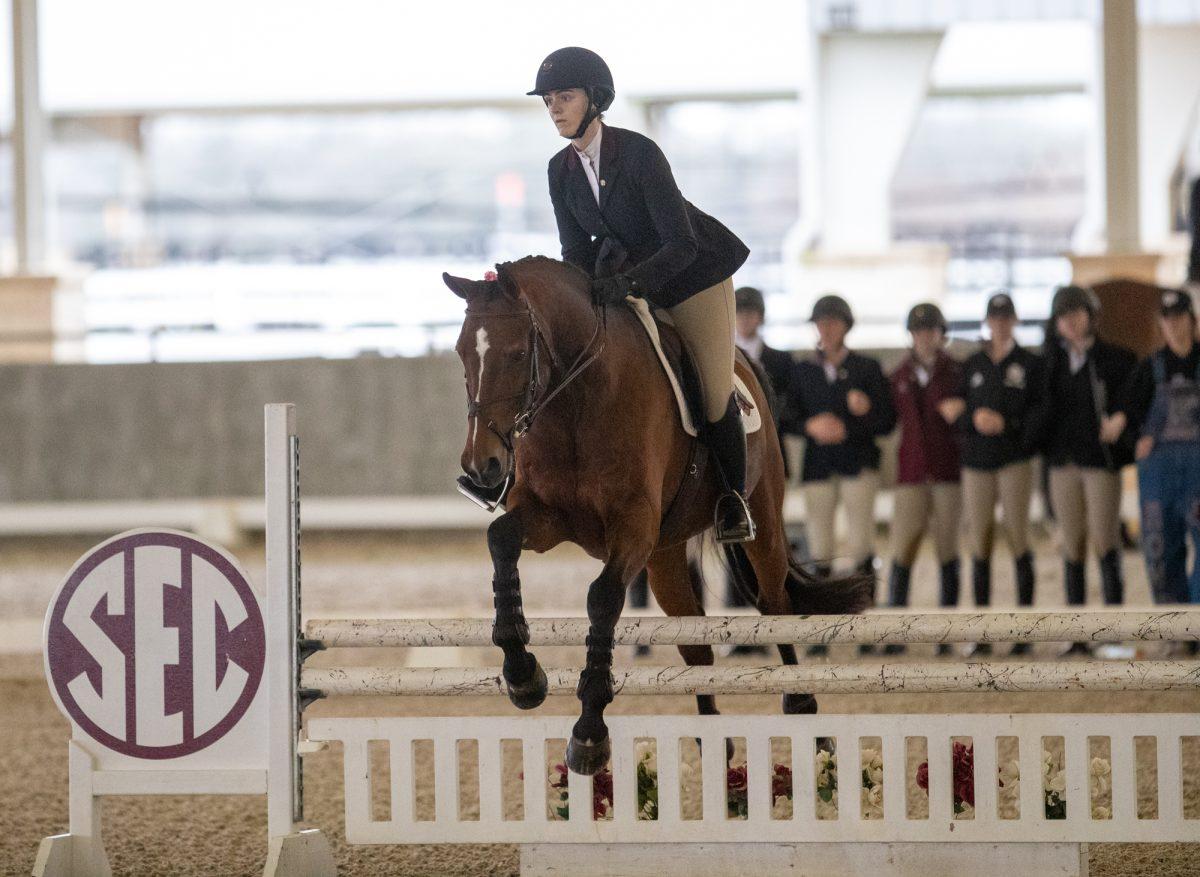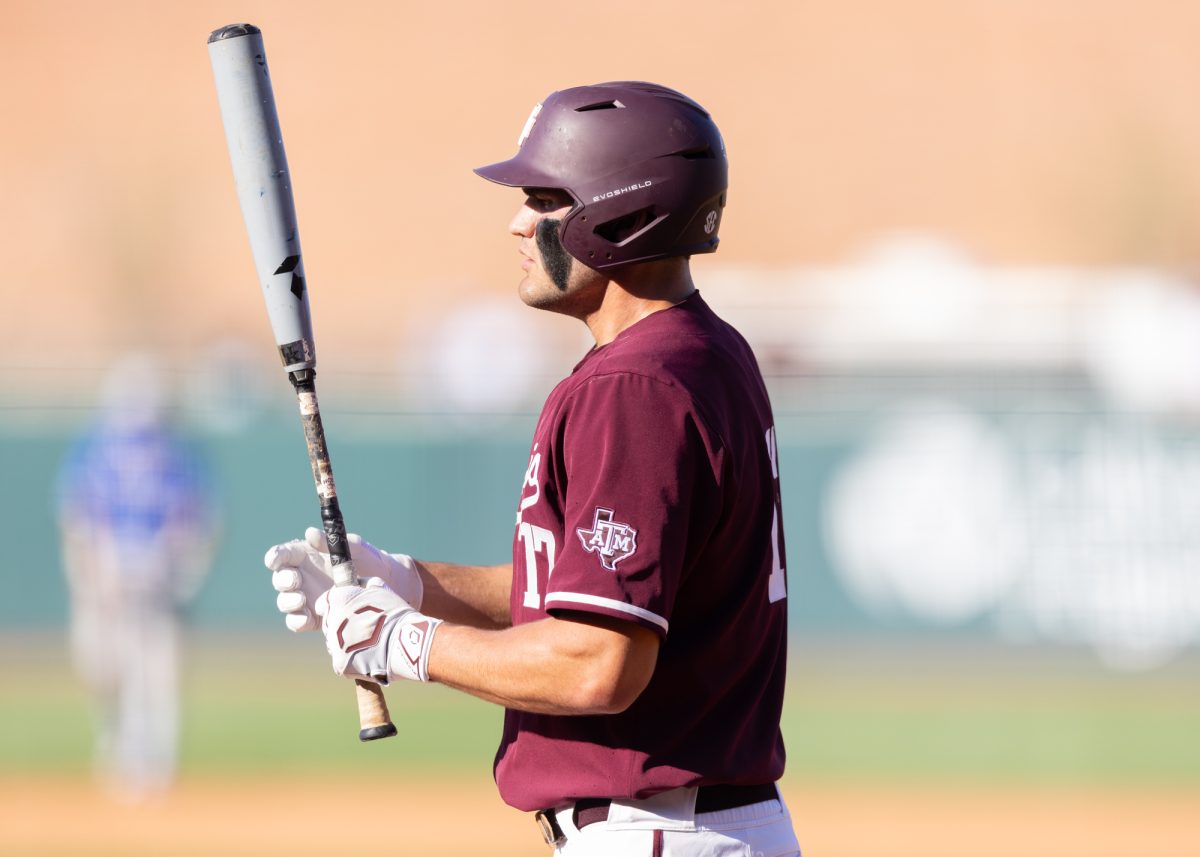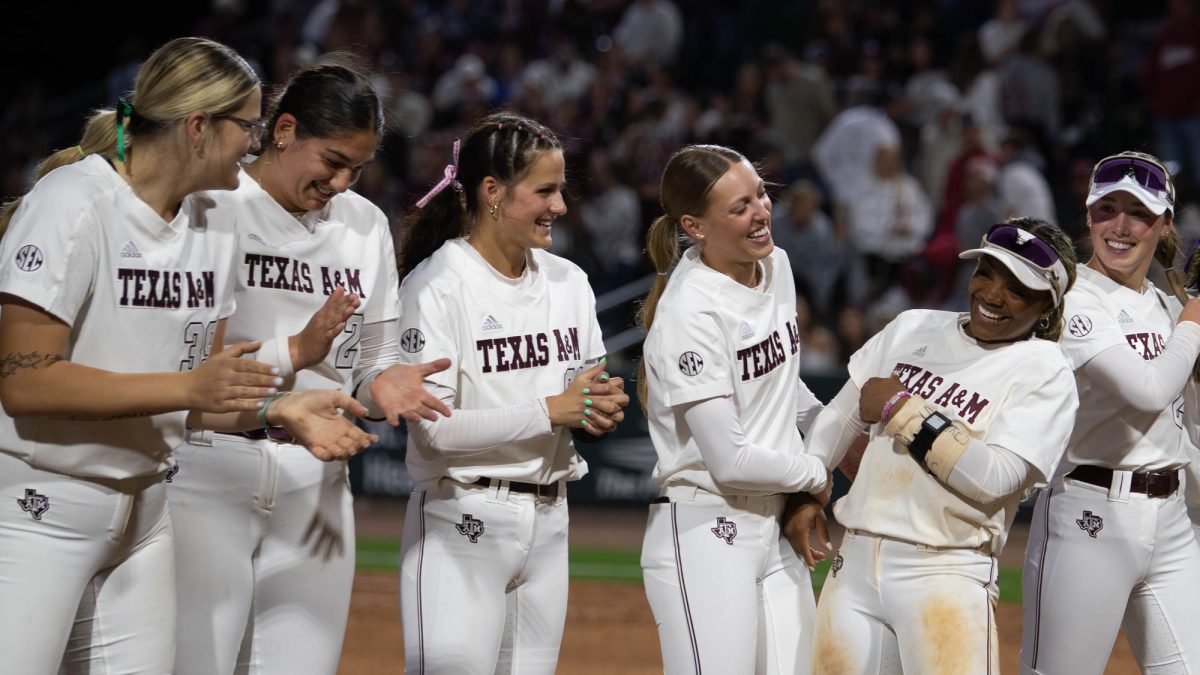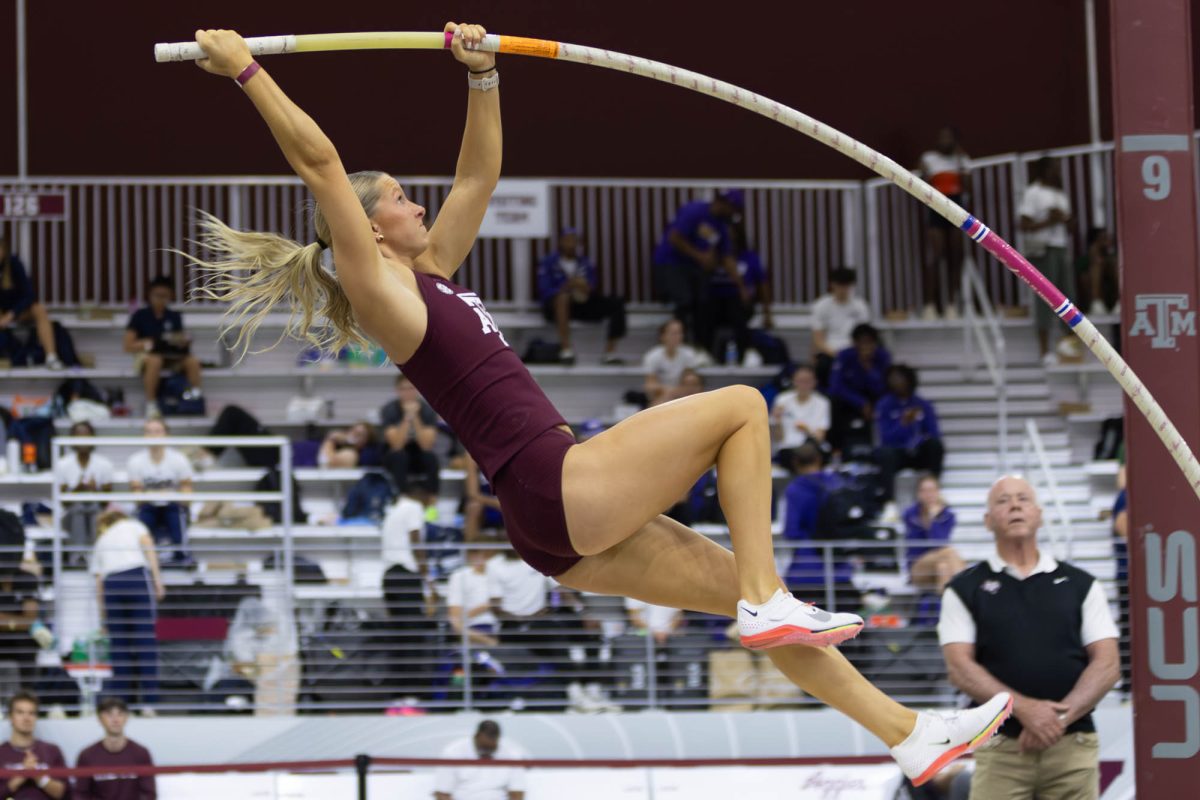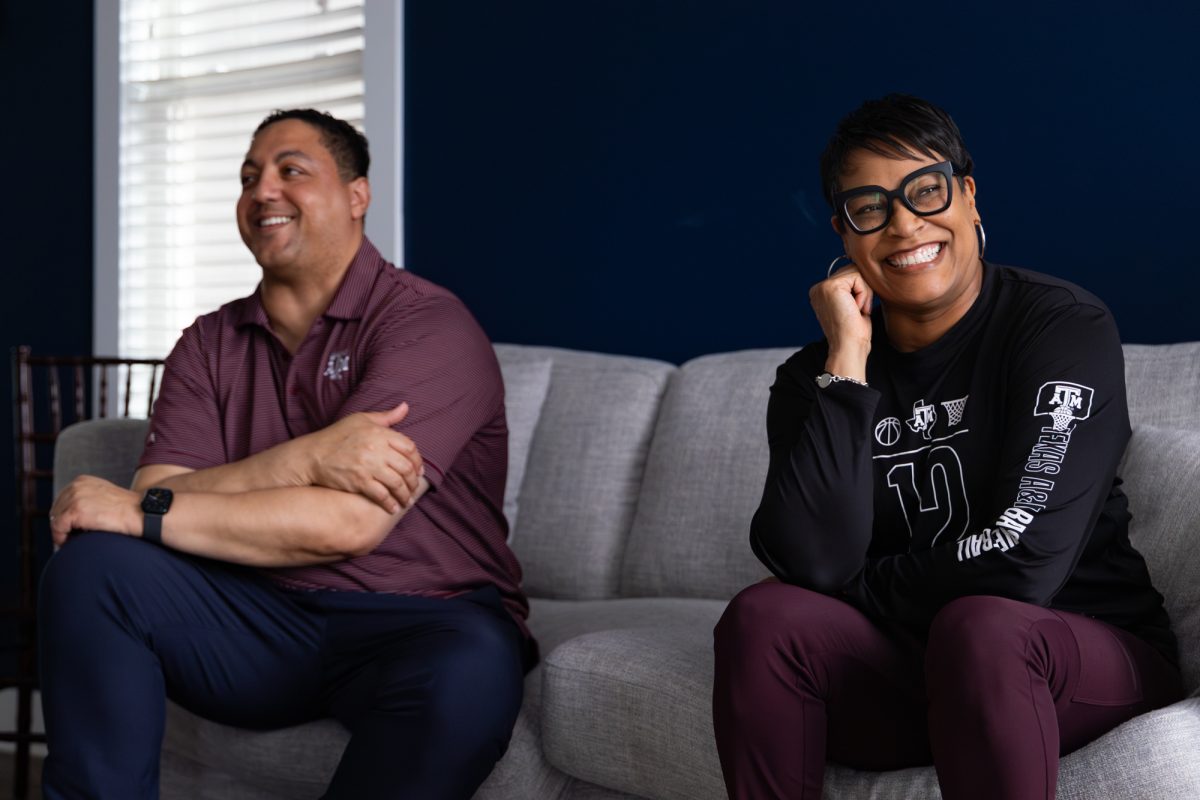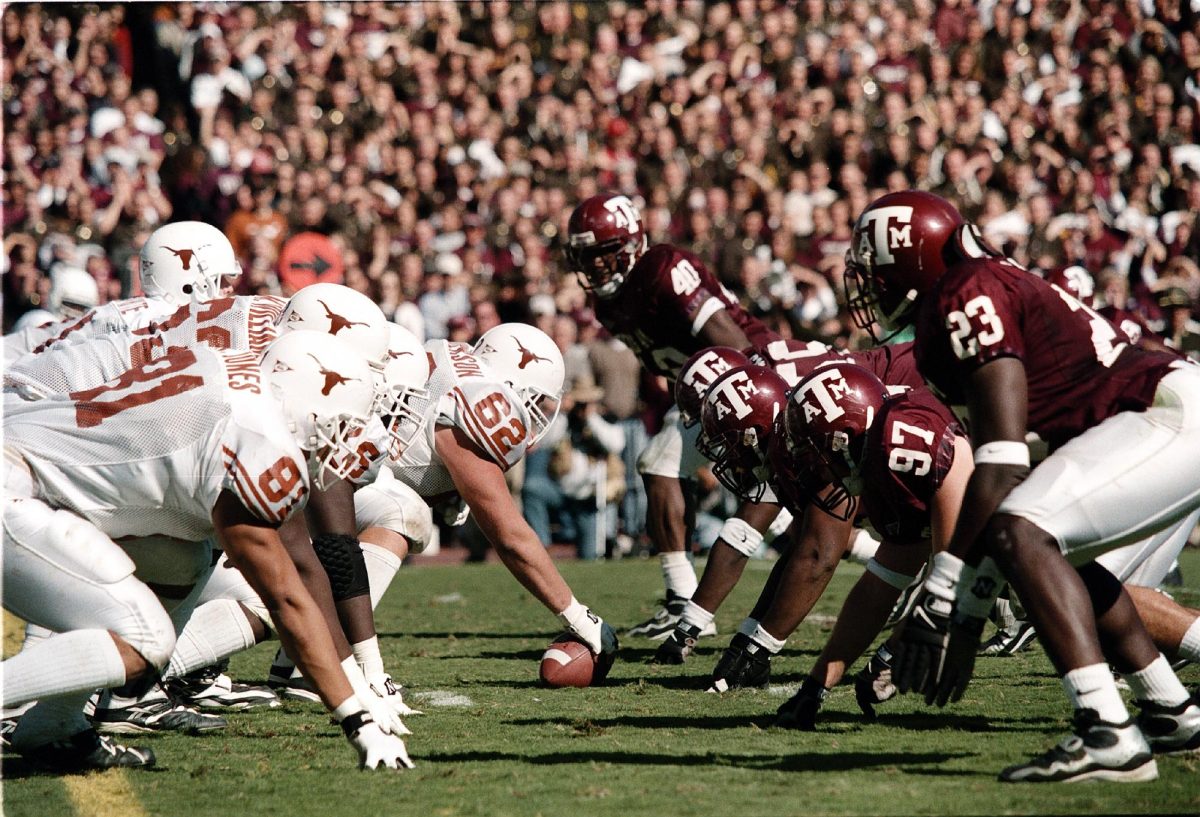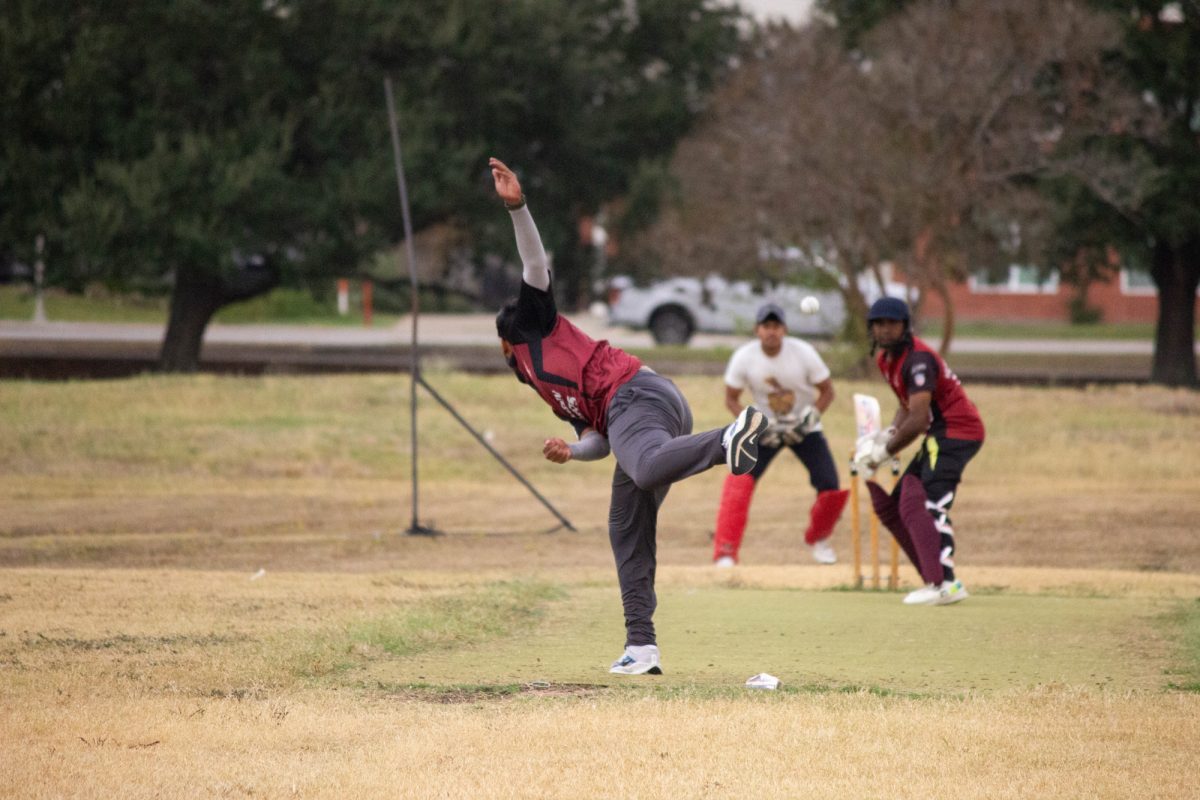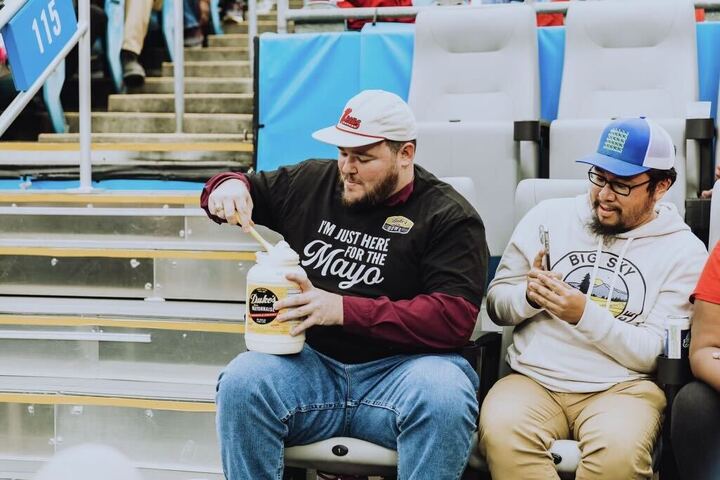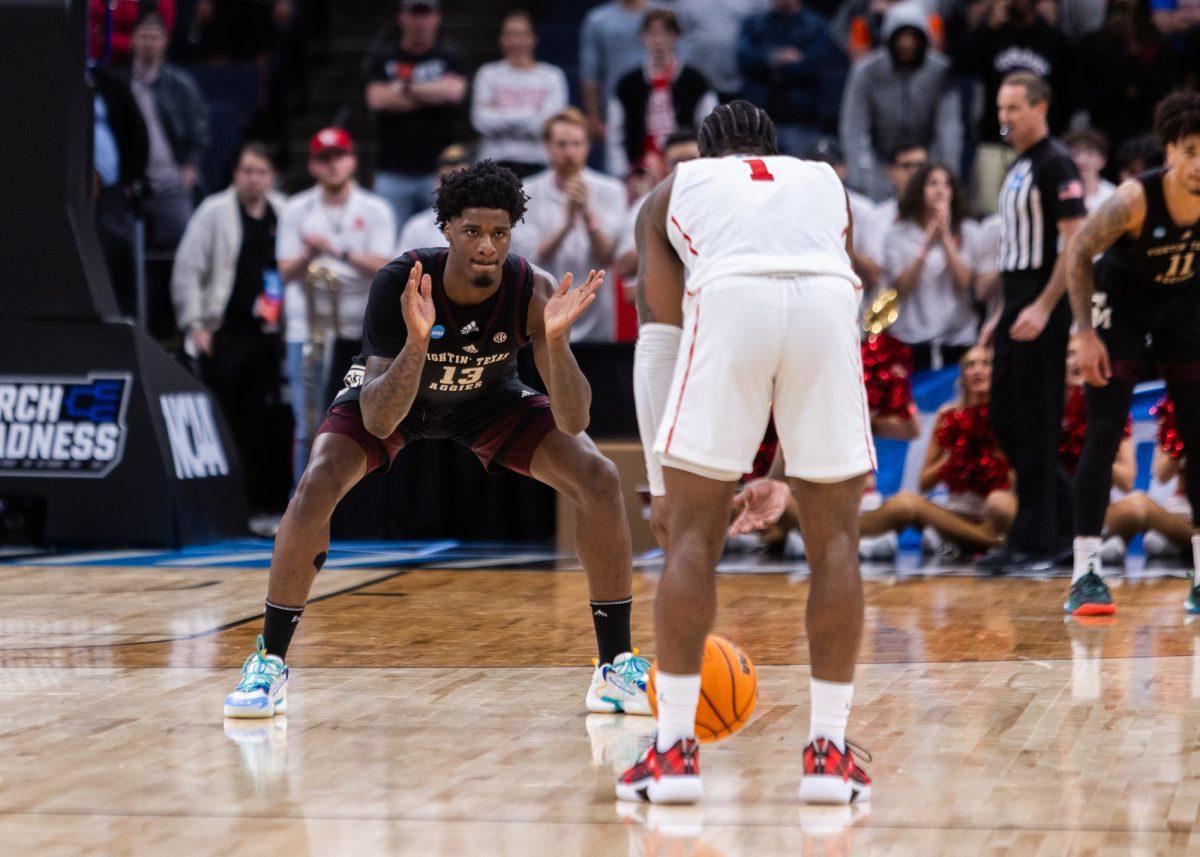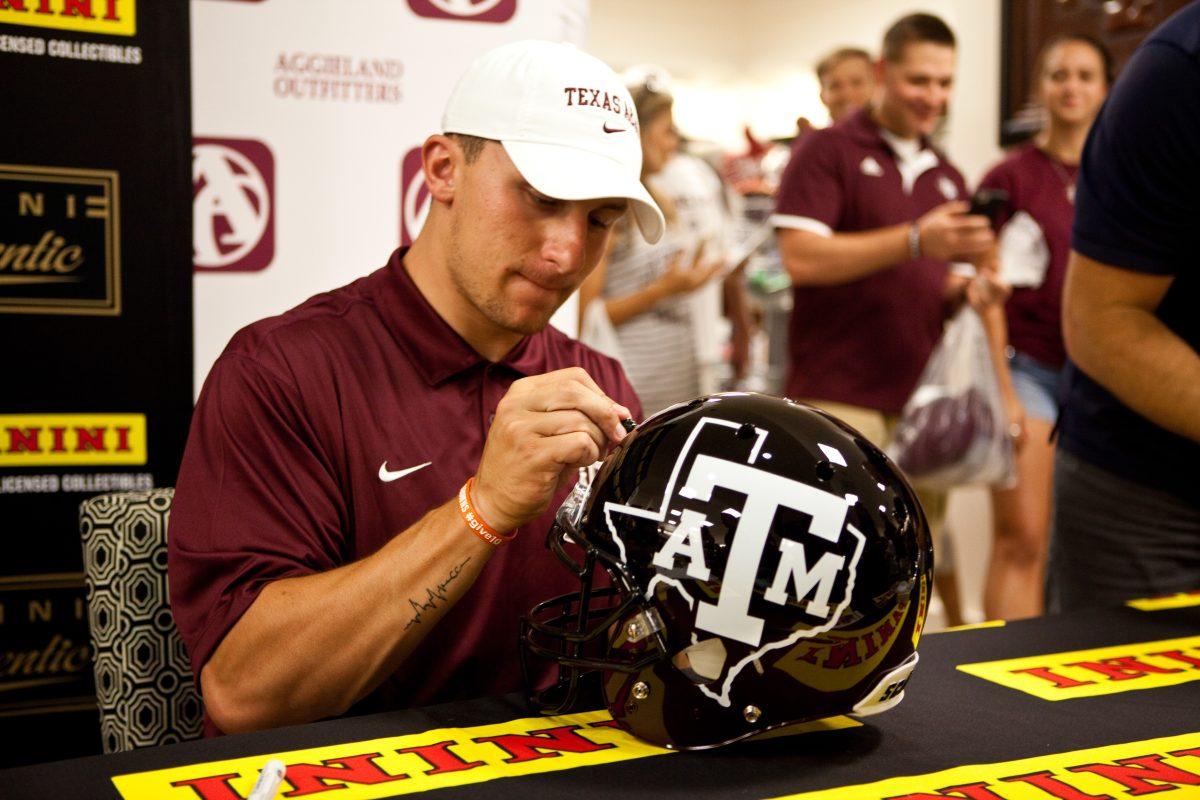They come from all walks of life. Some, like Penn student manager Jake Federman, want a career in sports analytics, but know they couldn’t cut it as a player. Others, like Illinois State manager Nathan Purcell, played college basketball at a lower level but couldn’t resist the chance to see a Division I program up close.
But they all have one thing in common: They are crazy enough about basketball to take on the tough, tedious, sometimes downright miserable jobs nobody wants in order to have a place in the sport. So they become student managers.
“I wanted to become a student manager so I could stay involved with basketball,” Xavier manager Paxton Wong said. “I played throughout high school but decided that becoming a manager was the best way to stay involved in the sport long-term.”
But that doesn’t mean Wong, or any other manager, has to kiss their playing days goodbye. Late at night on the day before games, when the cathedrals of the sport are empty and barren, those chosen few take to their court as part of their own semi-organized league: Manager Games.
“These games aren’t a joke,” Purcell said. “They get competitive, they get you going, and it’s not just playing pickup for 40 minutes.”
Games are typically planned the day before, and take place after shootaround at the home team’s empty arena.
It’s encouraged that teams are made up of managers, but most programs don’t travel with five managers when they play road games. So graduate assistants, operations staffers and anyone else who isn’t a player is free to fill out the roster.
That leads to situations like former No. 1 overall NBA draft pick Greg Oden, as a graduate assistant at Ohio State, filling in for the Buckeye managers and making opponents grateful that there’s no cameras at manager games. And while Oden is an extreme example, it doesn’t take much to make a manager squad look like the 1996 Chicago Bulls, as San Jose State manager Jack Townsend discovered as the Trojans faced Santa Clara.
“It’s our first game of the year, we’re ready to go, we’re hyped up, we think we’re going to kill these guys,” Townsend said. “Santa Clara won the tip, and this guy puts up a shot from three feet behind the NBA line, swishes the 3, and starts jogging back on defense … He looked like an NBA player out there.”
And while attendance may be in the single digits, and players won’t get their highlights played on SportsCenter, it’s one last chance for the most underappreciated folks in basketball to hoop for a chance at a championship — decided at the Final Four.
The hardest working people in sports
It’s easier to list what responsibilities a manager doesn’t have than the ones they do have. A brief oversimplification of the job duties includes rebounding (before, during, after and outside of practice), giving players water, doing laundry, film analysis, running errands, ordering food and doing whatever the program requires them to do — which, for Townsend, includes getting kicked off of a plane.
“When we went to the Virgin Islands, me and another manager had to stay behind because our flight had reached the weight capacity,” Townsend said. “There had to be some people that had to stay behind, and [we] had to give our spots up to the scholarship players. We ended up having to stay another night after a really long trip, but it ended up being kind of fun.”
And when a manager doesn’t know what to do or how to do it? They better figure it out.
“A lot of stuff that’s thrown at you, you have to say yes to and sometimes you may not have an answer,” Texas A&M manager Mason Fuller said. “You may not know how to do it, but you have to figure out a way. Because the last thing we’re going to do is tell a coach ‘no.’”
Plenty of coaches — including A&M’s own Buzz Williams and Florida Atlantic head coach Dusty May — got their start as student managers, which can make being a manager under them an interesting experience
“Coach May definitely looks out for us,” Florida Atlantic manager Jimmy Doherty said. “… He’s very easy-going and easy to talk to. Obviously that’s his personality, but all the assistant coaches have adjusted to that and they’ve been very nice to us.”
But it can also make the standards even higher.
“[Williams] was a manager, so he understands everything that is expected,” Fuller said. “Everything can’t be wrinkled. Backboards are expected to be clean. The court is always expected to be wiped. The ball should be pumped to the proper inflation … He’s done it, so he knows what the standard is.”
Along with Williams and May, plenty of today’s managers take on the role in hopes of building a similar coaching career.
“It’s the way that most young people get into coaching,” Townsend said. “… Most people will usually be a student manager for their time in college, and then after they graduate, that will actually be the way that they can get into coaching.”
And what’s a better way to network with other managers — the future coaches of the sport, as former Auburn manager Thomas Northcutt puts it — than Manager Games?
‘One Shining Moment’ of their own
While managers have been scrimmaging opposing managers for decades, the practice began to be codified in 2015 when the Big Ten Basketball Managers League was founded by Michigan State managers Ian May and Andrew Novak. As the league became national the following year, they were joined by Northcutt, who along with May and Novak runs @ManagerGames_ on X.
The account serves as a hub for the world of manager games, with the three admins acting as part-time administrators, historians and occasional arbiters for managers across the country. But the goal is always to put the spotlight on the student managers themselves.
“I get the chance to highlight managers who have worked their tail off every single day for these teams,” Northcutt said. “They deserve their moment in the sun.”
They post computer rankings determining the top teams in the country, culminating in their own 64-team Manager Games tournament.
The first few rounds are an online vote, before the teams that make the Elite Eight are invited to compete for the championship at the NCAA Final Four. The voting can be as competitive as the matchups decided on the court.
“In the postseason, you see everyone get so excited for these managers,” Northcutt said. “Every year we have people all the way up to Dave Portnoy, Kevin Durant, Draymond Green, these massive celebrities and influencers coming in and supporting their managers. Just being the catalyst for all these big names to show love to these people … that’s what means the most to me.”
Not all of the support managers receive is quite so public. Players and coaches across the country follow their manager squads, and some go a step further.
A&M guard Wade Taylor IV is a staple at Aggie manager games, Fuller says. Federman recalls a Quaker player drawing up a play for his managers during a timeout. Notre Dame hung a banner in its practice facility after the Fighting Irish won the 2022 Manager Games national championship. And former Missouri coach Kim Anderson, after being fired as head coach of the Tigers, still made the trip to the Final Four to support the Missouri managers in their tournament.
“Managers are the hardest working people in showbiz,” Northcutt said. “You can ask anybody in sports who the hardest working people are, and it’s managers. Managers are the future wave of coaches, the next wave of college basketball and sports as a whole. It’s a great way for us to highlight these kids.”





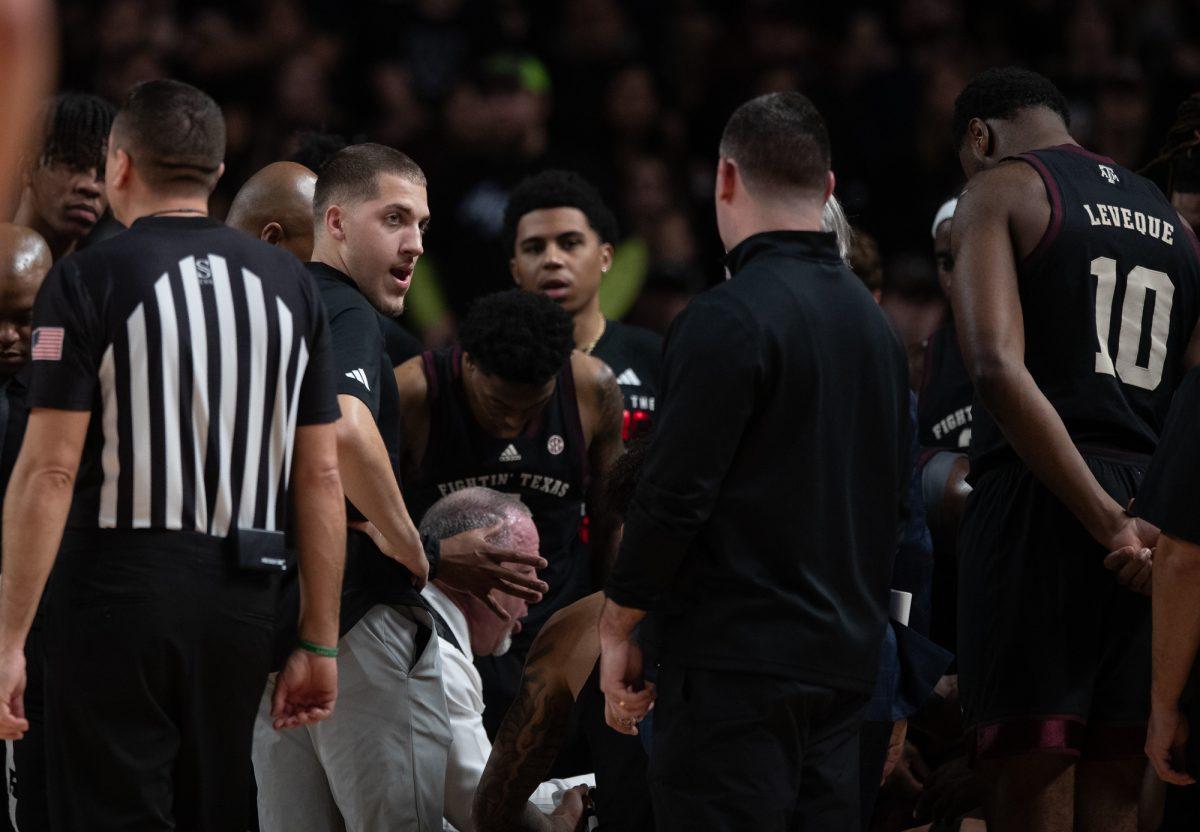
 (@NDMBB_Managers)
(@NDMBB_Managers) 